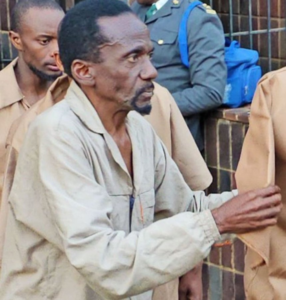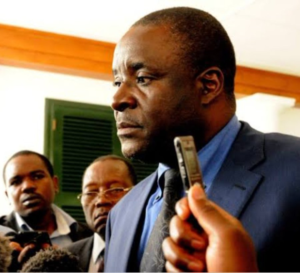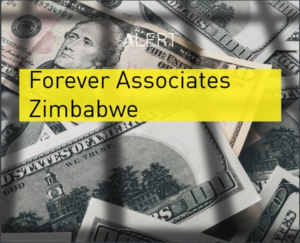ZIMBABWE’S PRESS IN PERIL: A CONTINUING LEGACY OF MEDIA REPRESSION

Zimbabwe, a country with a tumultuous history of media repression, continues to grapple with the shadows of its past. This cycle of suppression has transcended decades, evolving from the colonial era to the current rule under the Zanu PF party. Despite promises of reform, the ghost of censorship looms large, revealing a stark narrative of control and coercion that remains a significant challenge for the nation’s press.
The foundation of this media tyranny was laid during the tenure of the late former president Robert Mugabe, whose authoritarian regime tightened the noose on press freedom. Journalists were frequently harassed, publications were shuttered, and the flow of information was rigorously controlled. The hope for change was reignited with the ousting of Mugabe and the subsequent ascent of President Emmerson Mnangagwa. Unfortunately, the new dawn has been marred by a continuity of old practices, with little to no relief in the oppressive conditions that journalists endure.
Under President Mnangagwa, the state has continued to wield media as a tool of government propaganda, ensuring that only narratives favorable to the ruling elite are amplified. The suppression operates under the guise of national security and the prevention of misinformation, but the underlying motive remains clear: to maintain a tight grip on the nation’s socio-political landscape.
In a recent development, the government has proposed the creation of a new legal framework to regulate the media. This framework is centered around a statutory regulatory council, purportedly run by industry professionals. However, closer scrutiny reveals that this body is likely to be driven by authorities keen on perpetuating a regime of repression. The council, while nominally independent, is expected to function under the heavy influence of government officials, thereby continuing the cycle of controlled and censored journalism.
Amidst these challenges, there are glimmers of efforts to bridge the widening gap between the police and journalists. Initiatives have been undertaken to ease tensions, with both sides engaging in dialogues aimed at fostering a better understanding and possibly paving the way for a more cooperative environment. These discussions are crucial, as they represent a potential shift in the traditional dynamics of power and control that have long defined Zimbabwe’s media landscape.
The international community has frequently voiced concerns over Zimbabwe’s media landscape, urging the government to adopt more transparent and fair practices. Human rights organizations, along with various media advocacy groups, continue to highlight the plight of Zimbabwean journalists, advocating for their right to operate freely without fear of retribution. The proposed regulatory council is viewed with skepticism by these groups, who argue that true reform must dismantle, not disguise, the mechanisms of media control.
The road to media freedom in Zimbabwe is fraught with obstacles. The proposed statutory regulatory council could either become a tool for further suppression or a step toward genuine media reform, depending on its implementation and the real autonomy it is granted. For now, the promise of change remains tentative, with the future of press freedom hanging in the balance.
As Zimbabwe continues on its path of political and economic recovery, the role of a free press cannot be overstated. A vibrant, unrestricted media is essential for the development of any democracy, serving as a watchdog against corruption and an advocate for the voiceless. The ongoing efforts to ease tensions between the police and journalists, along with international pressure, may eventually catalyze the change needed.
However, as long as media regulation remains a tool in the hands of those in power, the full realization of press freedom in Zimbabwe will remain a distant dream. The struggle for a free press is not just about the ability to report news; it’s about the right to speak truth to power, a fundamental pillar of any free society.





